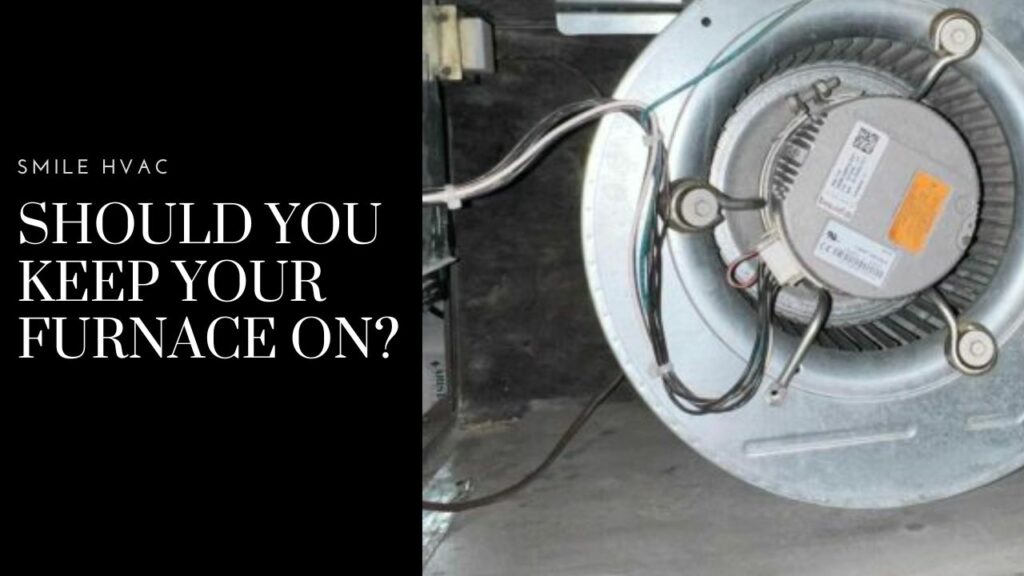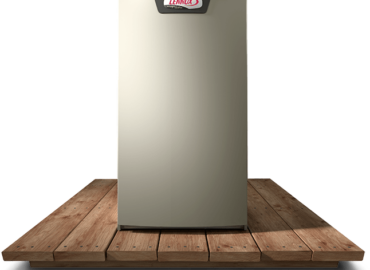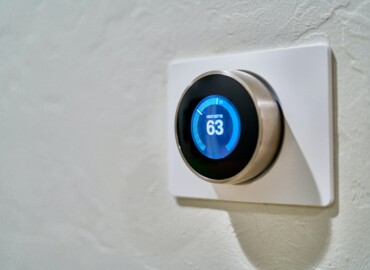Benefits of Leaving Your Furnace Fan On
As the temperature drops and winter approaches, many homeowners find themselves contemplating the best settings for their furnace fan. The debate between leaving the fan on continuously or setting it to automatic has been a topic of discussion among HVAC experts. In this comprehensive guide, we will explore the benefits and considerations of leaving your furnace fan on all the time, helping you make an informed decision that suits your needs and preferences.
Understanding the Function of the Furnace Fan
Before delving into the debate, it’s essential to understand the role of the furnace fan in your heating and cooling system. The furnace fan is responsible for circulating air throughout your home, ensuring even distribution of heated or cooled air. It helps regulate the temperature, improves air quality, and can even save you money on energy bills.
The Benefits of Leaving Your Furnace Fan On
1. Enhanced Temperature Distribution
Leaving your furnace fan running continuously can help address temperature imbalances in your home. Different areas of your house may experience variations in temperature due to factors like sun exposure, insulation, or structural design. By keeping the fan on, the air is continuously circulated, blending the warm and cool air and creating a more consistent and comfortable temperature throughout your home. This benefit is particularly noticeable in multi-story houses where heat tends to rise to the upper levels.
2. Improved Air Quality
Another advantage of leaving your furnace fan on is the improved air quality it provides. When the fan is running, it helps filter out dust, allergens, and pollutants that may be present in your home. This is especially beneficial for individuals who suffer from allergies or respiratory conditions. By constantly circulating the air and passing it through the filtration system, the furnace fan helps create a healthier living environment.
3. Cost Savings
Contrary to popular belief, leaving your furnace fan on all the time can actually save you money in the long run. When the fan is running, it helps to distribute the heated or cooled air more evenly, reducing the workload on your furnace or air conditioning unit. As a result, your HVAC system doesn’t have to work as hard to maintain a comfortable temperature, leading to potential energy savings. While the fan itself consumes electricity, it uses significantly less power compared to the heating or cooling component of the system.
4. Extended Lifespan of the Fan
Many homeowners worry that running their furnace fan continuously will cause premature wear and tear. However, modern furnace fans are designed to run constantly, and the stress of starting and stopping is often more detrimental to the motor than continuous operation. By keeping the fan running, you can extend its lifespan and reduce the need for frequent repairs or replacements.
Considerations for Leaving Your Furnace Fan On
While there are clear benefits to leaving your furnace fan on, there are a few considerations to keep in mind before making your decision.
1. Humidity Control
If you live in an area with high humidity or have an oversized cooling system, leaving the fan on for extended periods of time may increase indoor humidity. Moisture can accumulate on the air conditioner’s evaporator coil, and when the fan continues to blow air without the cooling component active, it can push this moisture back into your home. This can lead to discomfort and potential issues with mold or mildew growth. If you experience high humidity levels or have an oversized cooling system, it may be more advisable to set your fan to automatic.
2. Energy Efficiency of Older Systems
Older furnace fans may not be as energy-efficient as newer models. If your HVAC system is outdated, running the fan continuously could result in higher energy bills. Newer systems often come equipped with variable-speed motors, which optimize energy usage and provide greater cost savings. If you have an older system, it’s worth considering whether it’s time for an upgrade or consulting with an HVAC professional to assess its efficiency.
3. Ductwork Condition
The condition of your ductwork can also impact the effectiveness of leaving your furnace fan on. If you have leaky ducts, running the fan continuously may draw in dirty air from unconditioned spaces, reducing the overall air quality in your home. It’s essential to have your ductwork properly sealed and inspected for any leaks to ensure optimal performance and air quality. If your home has older ductwork or you suspect leaks, it may be wise to address these issues before deciding to leave the fan on continuously.
Making the Decision: Automatic vs. Continuous
Ultimately, the decision of whether to leave your furnace fan on continuously or set it to automatic depends on your specific circumstances and preferences. Factors such as the layout of your home, the age of your HVAC system, and your comfort needs will influence your choice.
For homeowners with newer, energy-efficient systems, leaving the fan on continuously can provide consistent temperature distribution, improved air quality, and potential cost savings. On the other hand, those with older systems or specific humidity concerns may prefer setting the fan to automatic operation.
It’s always advisable to consult with an HVAC professional who can assess your system, evaluate your home’s unique characteristics, and provide personalized recommendations based on your needs.
Conclusion
In the ongoing debate of whether to leave your furnace fan on continuously or set it to automatic, there are valid arguments on both sides. Leaving the fan on offers benefits such as enhanced temperature distribution, improved air quality, potential cost savings, and extended fan lifespan. However, considerations such as humidity control, the energy efficiency of older systems, and the condition of your ductwork should also be taken into account.
Remember, every home is unique, and what works best for one homeowner may not be ideal for another. By understanding the benefits and considerations of each option and seeking professional advice when needed, you can make an informed decision that ensures comfort, energy efficiency, and optimal performance for your HVAC system.




